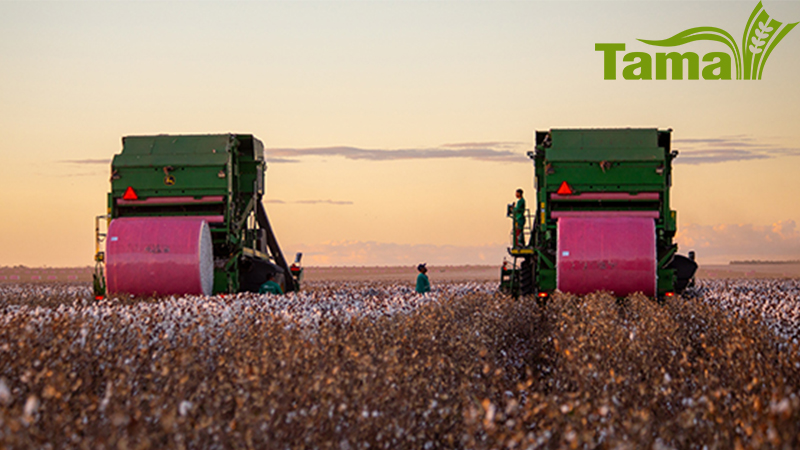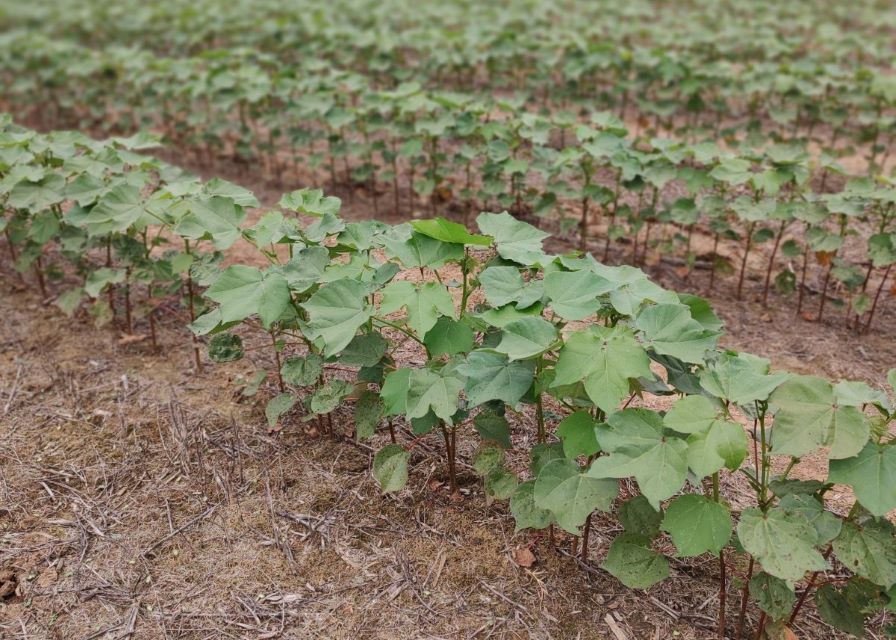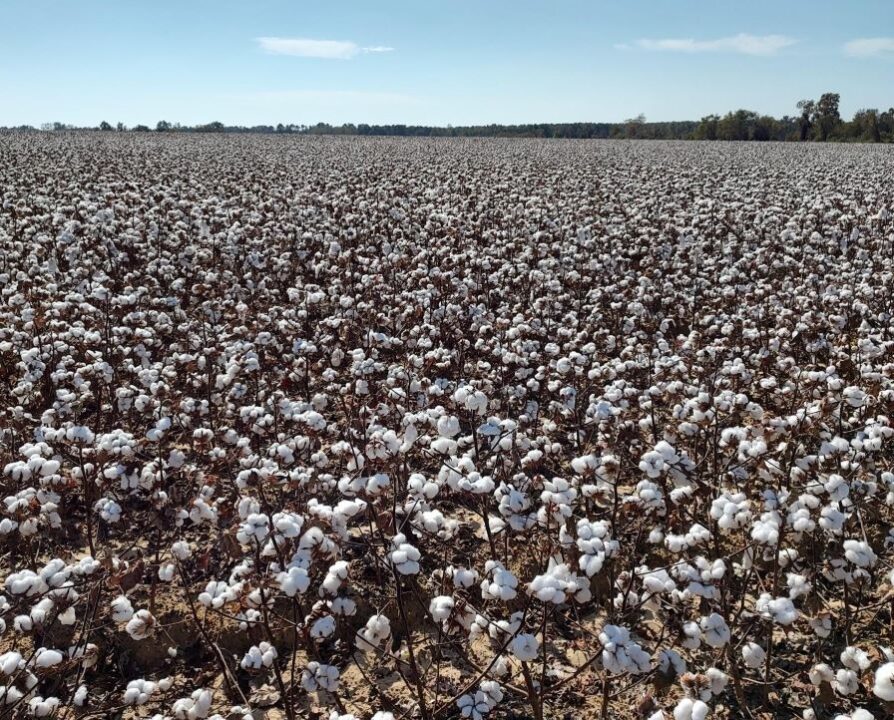For Billy Dunavant Jr., Success In The Cotton Business Means Keeping A World Watch
Cotton merchants are known for being in touch with the pulse of the industry. To be successful in such a complex international industry as cotton, information is vital, and the ability to use it to make wise decisions is essential. One merchant who may know that truth as well as anyone on the planet is William B. “Billy” Dunavant Jr., Chairman of the Board and former CEO of Dunavant Enterprises, one of the largest and longest-standing privately-owned cotton merchandizing organizations in the world. The Memphis, Tennessee-based company handles more than 6 million bales of cotton worldwide each year, and Dunavant has overseen a lot of it.
In an interview with Cotton International and its sister publication, Cotton Grower, in January, Dunavant shared some insights into the state of the global cotton industry.
A Global Scale
For Dunavant, the cotton business mandates that you play in international circles. Dunavant Enterprises has feet on the ground all over the world, and has not slowed its ambitious global growth strategies.
“I think China will be the dominant player, but India is coming on like gangbusters and Pakistan is right behind them. A smaller country, but a growing country with cheap labor, is Vietnam, and another to watch is Bangladesh – all of these countries will be competitors of China’s as the years move on, but China will still stay ahead,” he says.
“But India will be the one that you really have to grapple with. In fact, we are opening an office in India ourselves. We have always had agents there, but we are talking about a Dunavant office – a full Dunavant operation.”
Dunavant says that the move to more international bases is a matter of necessity. “It is something that we have to consider because of the growth – they are a growth component for the future. We have offices in China, and we have a big office in Uzbekistan,” he says. “We are really focusing on Brazil; our volume of the last two or three years has probably grown 300%, but Brazilian cotton is tough to handle, logistically.”
He adds that the duties of the offices are determined by Dunavant’s business in the region and the strength of each market. “Our office in India would be a buying and selling operation because they produce cotton and they spin cotton,” he says. “Our Australian office is a purchasing office, because we have gins in Australia. If we see a market opening up – production or consumption – we’ll be there; we have to be there.”
The World Scene
With a business that spans as far and wide as Dunavant Enterprises, hardly a move happens in the international cotton game that escapes Dunavant’s view. Asked about the drought situation in Australia, he keeps a long-term view. “It is serious – we have three gins there and we normally gin about 310,000 bales; we’ll be lucky to get 80,000 bales this year. But it’ll change. It’ll come back. Australian cotton is very good-quality cotton.”
In fact, he sees Australia’s return to normal growth as a key opportunity for future business. “China loves Australian cotton,” he explains. “It’s very similar to California/Arizona cotton. It’s not as good as SJV cotton produced in the San Joaquin Valley of California, but SJV cotton has to bring such a big premium over the Australian cotton, the Australian cotton sells.”
Also on the topic of selling, Dunavant sees most of cotton’s struggles coming from within, rather than from competition from man-made fibers. While there is always room for cotton promotion to increase demand for cotton, Dunavant noted that “man-made fibers are not really a factor in cotton demand right now,” as long as cotton remains priced below synthetics. “Obviously a drop in the price of oil is going to make [man-made fibers] cheaper, but I think polyester fiber will stay within 10 cents of where it is now.” He added that demand for polyester fiber is solid – “As you know, China is a major producer of polyester fiber, as well as a consumer of polyester fiber” – but said that even with a drop in petroleum prices, the price for synthetics would not be affected too greatly.
Dunavant’s big-picture view is set on world trade issues, as well. While working in a U.S.-based company, he understands both sides of the debate over cotton subsidies, but focuses on the realities of business more than the philosophical posturing from either side. “I think the agricultural lobbyists and the agricultural community [in the U.S.] is strong enough to maintain a farm program that will benefit the U.S. cotton producer. I’m not a big advocate of that, but I think they are strong enough to definitely maintain the farm program. “A U.S. farm program is definitely not good for the West Africans and it’s not good for the Brazilians – that’s the reason they need so much help. But that will continue to be reality.” Asked when a happy medium would be reached that would appease both U.S. farmers and international producers, Dunavant, as always, was honest in his appraisal: “I don’t know that there is a happy medium.”









